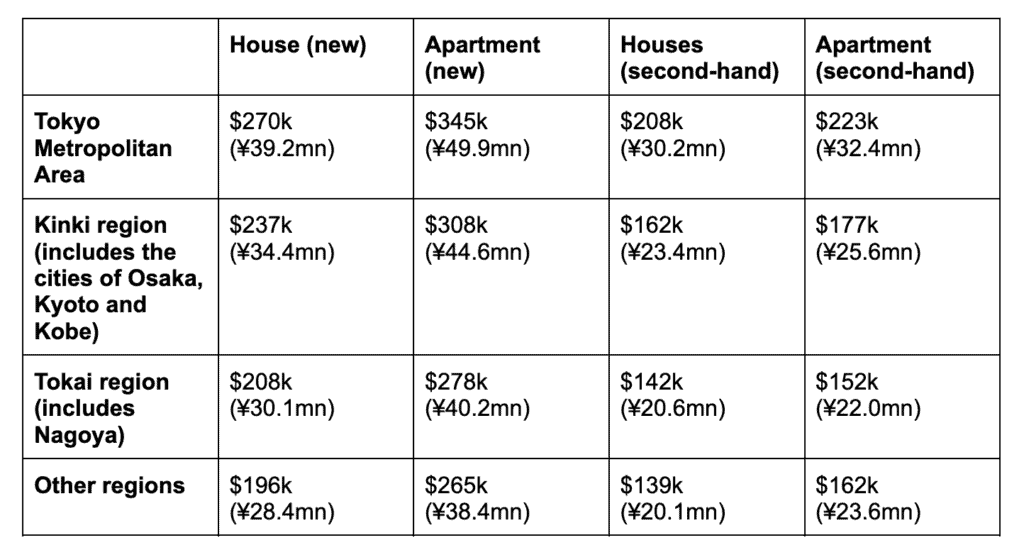Is leaving a tip rude in Japan?

When traveling to a new country, it's important to understand the cultural norms and customs, including how tipping is perceived. In Japan, tipping is not a common practice and can even be considered rude in some situations. This article will explore the reasons behind this cultural difference and provide guidance on how to handle tipping while in Japan.
One of the main reasons why tipping is not customary in Japan is that the Japanese value service and hospitality as a fundamental part of their job. Employees are expected to provide exceptional service without the expectation of extra compensation. In fact, tipping can be seen as insulting, as it implies that the employee is not already doing their job well. By not tipping, you are showing respect for the employee's professionalism and dedication to their work.
Another reason for the lack of tipping culture in Japan is that it can create confusion and awkwardness for both the customer and the employee. Japanese businesses have set prices that include all costs, so there is no need for additional tipping. If you try to leave a tip, the employee may feel obligated to refuse it or even chase after you to return the money. This can create an uncomfortable situation for both parties and goes against the cultural norms of humility and respect in Japan.
While tipping is generally not expected in Japan, there are some situations where it may be more accepted. For example, in high-end restaurants or luxury hotels that cater to international visitors, tipping may be more common. In these cases, it's important to discreetly leave a tip or inquire with the staff if tipping is accepted. However, even in these establishments, tipping is not required or expected, so it's important to follow the lead of the locals and respect the cultural norms.
Overall, when in doubt about whether to leave a tip in Japan, it's best to err on the side of caution and refrain from tipping. Instead, show your appreciation for good service by verbally thanking the staff or writing a positive review online. By respecting the local customs and cultural norms, you can ensure a positive and respectful experience while traveling in Japan.



